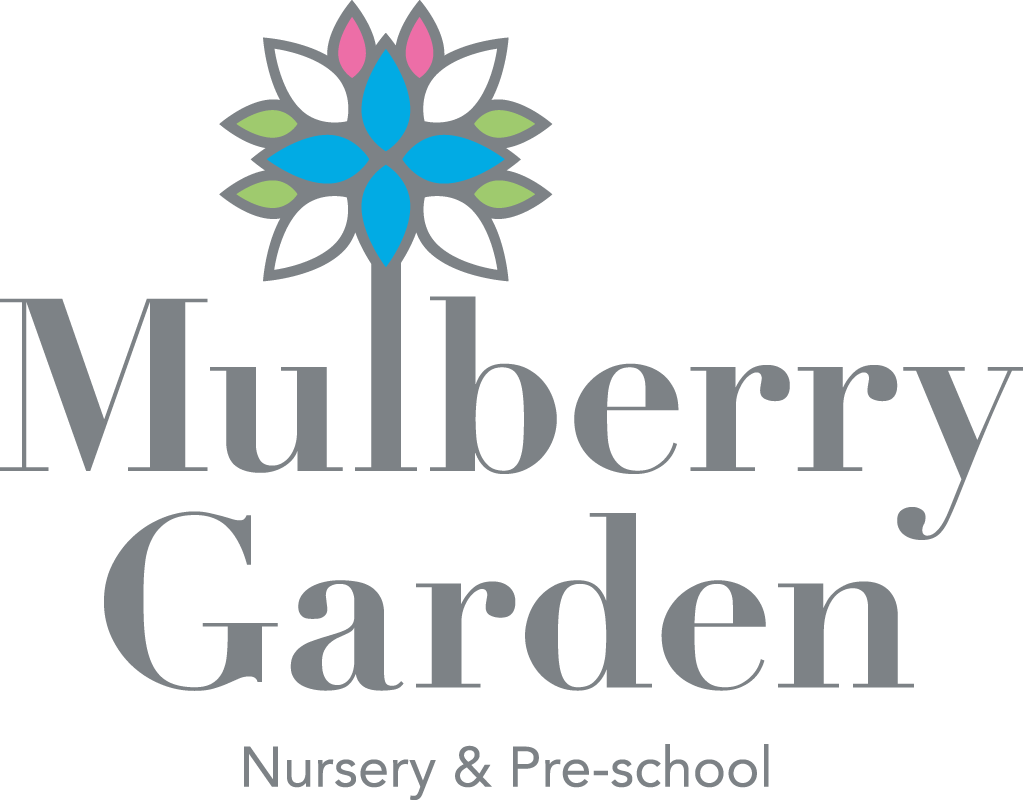Domestic Abuse Policy at Mulberry Garden
The cross-government definition of domestic violence and abuse is:
‘any incident or pattern of incidents of controlling, coercive, threatening behaviour, violence or abuse between those aged 16 or over who are, or have been, intimate partners or family members regardless of gender or sexuality. The abuse can encompass, but is not limited to: psychological; physical; sexual; financial; and emotional’.
Mulberry Garden will help staff to recognise the signs and symptoms of domestic abuse. Domestic abuse can happen to anyone regardless of gender, age, social background, religion, sexuality or ethnicity, and domestic abuse can happen at any stage in a relationship. Signs may include:
● Changes in behaviour, e.g. becoming very quiet, anxious, frightened, tearful, aggressive, distracted, depressed.
● Visible bruising or single, or repeated, injury with unlikely explanations.
● Change in the manner of dress, e.g. clothes that do not suit the climate which may be used to hide injuries.
● Partner or ex-partner stalking an employee/parent in or around the workplace, which may include excessive phone calls or messages.
● Partner or ex-partner exerting an unusual amount of control or demands over a work schedule.
● Frequent lateness or absence from work.
Children can witness and be adversely affected by domestic abuse in the context of their home life where domestic abuse occurs between family members. Exposure to domestic abuse and/or violence can have a serious, long lasting emotional and psychological impact on children.
Signs that children may have witnessed domestic abuse include:
● Anxiety.
● Regressive behaviours.
● Constant or regular sickness, such as colds or headaches.
● Difficulties with concentration.
● Emotional and behavioural difficulties.
● Withdrawal.
● Low self-esteem.
We will raise awareness of domestic abuse by:
● Ensuring staff can identify the signs and symptoms of domestic abuse and know how to report concerns.
● Sharing information with external organisations that can offer support with incidents of domestic abuse. The information will be displayed in visible spaces at Mulberry Garden.
● Providing all stakeholders with the telephone number for the free 24 hour National Domestic Abuse Helpline (0808 2000 247).
If we are concerned that domestic abuse is happening within a home and a child is at risk, we will follow our reporting procedures as laid out in our Safeguarding Children policy. Where incidents of domestic abuse are shared by an employee or parent/carer, we will respect confidentiality at all times and not share information without their permission. However, we will share this information, without permission, in cases of child protection or where we believe there is an immediate risk of serious harm to the person involved.
Honour based abuse
Honour based abuse (HBA) can be described as ‘a collection of practices, which are used to control behaviour within families or other social groups to protect perceived cultural and religious beliefs and/or honour’; such as being held against their will, sexual or psychological abuse, threats of violence, assault or forced marriage. Such abuse can occur when perpetrators perceive that a relative has shamed the family and/or community by breaking their honour code. It is a violation of human rights and may be a form of domestic and/or sexual abuse. We aim to develop staff knowledge of recognising the signs and symptoms of HBA. Signs may include:
● Changes in the way a person dresses or acts, they may stop wearing ‘western’ clothing or make-up.
● Visible injuries, or repeated injury, with unlikely explanations.
● Signs of depression, anxiety or self-harm.
● Frequent absences
● Restrictions on friends or attending events.
We will raise awareness of domestic abuse within our setting by sharing information with external organisations that can offer support with incidents of HBA. The information will be displayed in visible spaces within the setting. Where incidents of HBA are shared by an employee or parent/carer, we will respect confidentiality at all times and not share information without their permission. However, we will share this information without permission in cases of child protection, or where we believe there is an immediate risk of serious harm to the person involved.
Forced Marriage
A forced marriage is defined as ‘a marriage in which one, or both spouses, do not consent to the marriage but are coerced into it. Duress can include physical, psychological, financial, sexual and emotional pressure. In the cases of some vulnerable adults who lack the capacity to consent, coercion is not required for a marriage to be forced’. If we suspect or receive information about a forced marriage being planned, we will follow our safeguarding reporting procedures. If the person concerned is under the age of 18 years we will report the incident to B&NES social care team. If we believe a person is in imminent danger of being forced into a marriage, we may contact the Police and the Governments Forced Marriage Unit (FMU) on 020 7008 0151.
